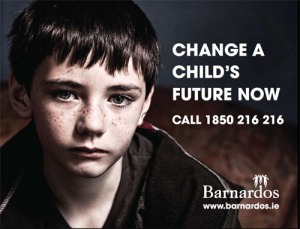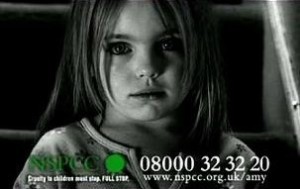Unpaid Internships: Mutually Beneficial or Exploitation?
I recently read on the British Vogue website that Dolce and Gabbana have been the first fashion designers to be named billionaires by Forbes’ rich list. In light of this, why are they still hiring people that they aren’t paying – i.e. interns.
Right now a hot topic is the institution of internships, and in particular unpaid internships. Without sounding like too much of a socialist, they keep rich people rich and in the 21st century have we really reverted back to slave labour?
Given that the majority of the time only travel and lunch expenses are covered by organisations, how are people, who do not have parents who can necessarily give them an allowance, meant to live, pay rent and buy food and all the while work for free?
Nowadays it isn’t enough to have a degree or even a masters, employers want to see some industry experience on the CVs of prospective employees fresh out of school or university, which is why large companies are able to exploit this source of cheap (or even free) labour.
A lot of my experience of internships has been within the fashion sector, whereby it is impossible to get a paid internship. In fact, I don’t think I’ve ever met someone who has ever been paid as an intern within a fashion house/company. Having said that, I have worked as an intern for the emerging designer, NATASHA MORGAN, in which case interns proved to be a vital part of the workforce. Additionally, because it was a small company, I wasn’t just there to make tea but enjoyed real responsibility and learnt useful skills that I will use in the PR industry. Without their interns, a business like NATASHA MORGAN would simply not be given a chance in the fashion industry. Therefore, with this in mind, should unpaid internships be limited to companies whose profit is below a certain threshold?
I intern for the charity Whizz Kidz, but I personally would feel immoral charging a charity for part time work and I feel like they are helping my employability by giving me this opportunity, which I’m sure is what the argument of companies including Dolce & Gabanna, for not paying their interns, sounds like – I have to agree with this in part.
Below is a video produced in the USA which conveys both sides to the argument of having unpaid internships in profitable companies:
There is great effort by members of the government to eradicate unpaid internships, however what will this do for the economy in a time when the government are trying to get the UK out of recession by encouraging small businesses? In this sense, should internships be subsidised along the lines of apprenticeship schemes by the government? If unpaid internships are eradicated from the business model in this country, will industries like the fashion industry simply implode given its reliability on this source of labour?
I think in this instance, and I do not advocate this often, that we should take note from the French. Unpaid internships are unheard of and their fashion industry is still one of the healthiest and strongest in the world. Therefore, if push came to shove, can we afford to pay our interns? It’s just that we have gotten away with it for so long, that we are reluctant to change now. K



